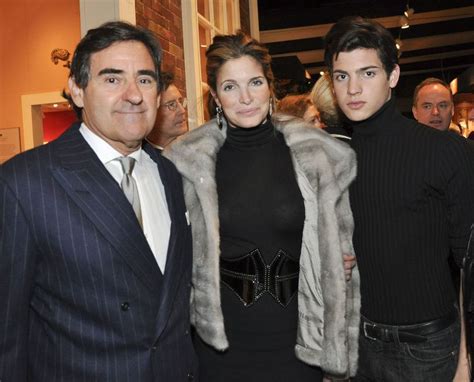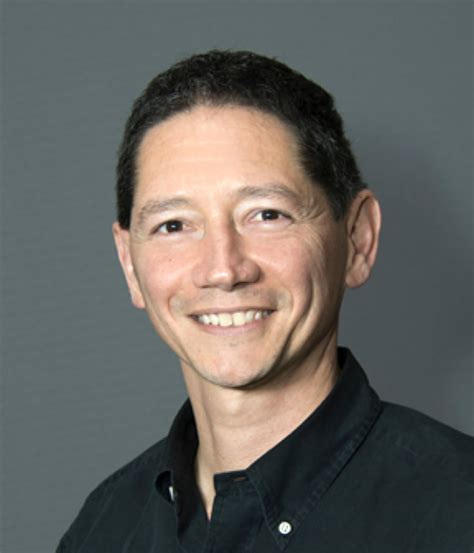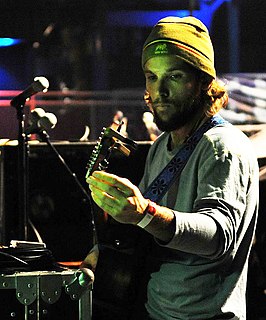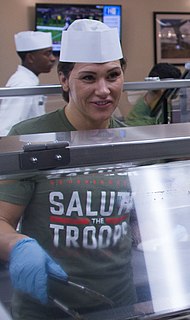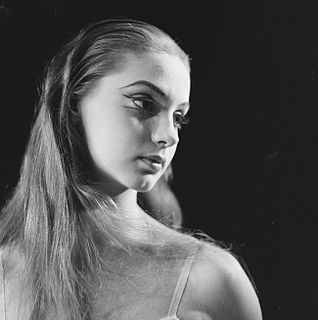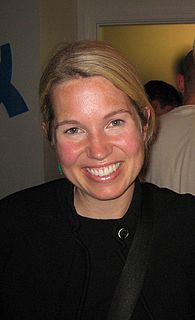A Quote by Peter M. Brant
Art and science have so much in common - the process of trial and error, finding something new and innovative, and to experiment and succeed in a breakthrough.
Related Quotes
Science advances by trial and error. When mistakes are made, the peer-review publication process usually roots them out. Cuccinelli's version of the scientific process would be "make an error and go to trial." Einstein did not arrive at E=mc2 in his first attempt. If he were working in the state of Virginia under Cuccinelli today, he could be jailed for his initial mistakes and perhaps never achieve that landmark equation.
When things get bad enough, then something happens to correct the course. And it's for that reason that I speak about evolution as an error-making and an error-correcting process. And if we can be ever so much better - ever so much slightly better - at error correcting than at error making, then we'll make it.
